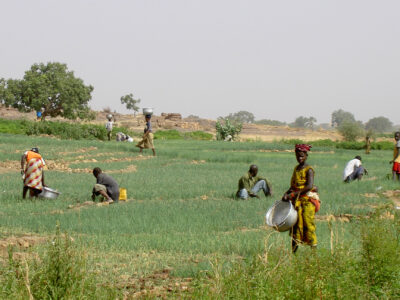This theme embraces activities where smallholder farmers reclaim their rights to resources and knowledge. In recent years, agroecology and regenerative farming systems have been highlighted as promising options for more resilient food production. Diverse production systems, compared to single-crop systems, enhance the availability of more nutritious foods and can better meet seasonal food needs. Hence, a specific focus will be on agricultural biodiversity in food systems, and the important role of diverse, farmer-led seed systems for food security and nutrition, sustainable and diverse diets, and health and well-being.
This theme also focuses on knowledge generation and exchange for developing localised agroecological approaches, and the important role of horizontal peer-to-peer learning networks. This could include connecting science and practice, as well as integrating resilience thinking, in the design of agroecological systems.
In addition, this theme sees food sovereignty and endogenous development as the key for creating resilient food systems. Rights-based approaches to food security emerge from the recognition that poverty, social exclusion, and a lack of participation in decision-making processes are the main causes of food insecurity worldwide.


 Sara Elfstrand
Sara Elfstrand Lou Darriet
Lou Darriet